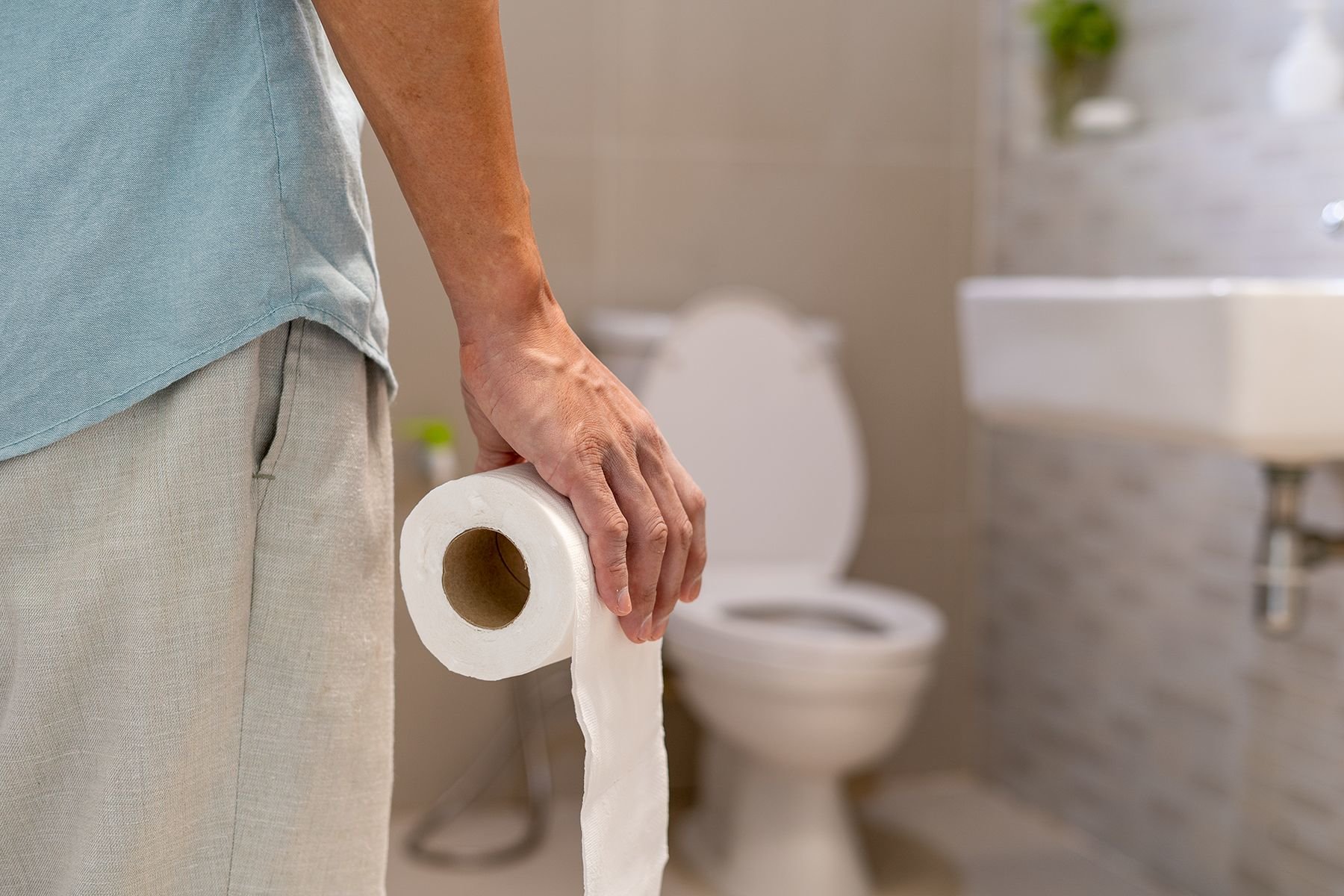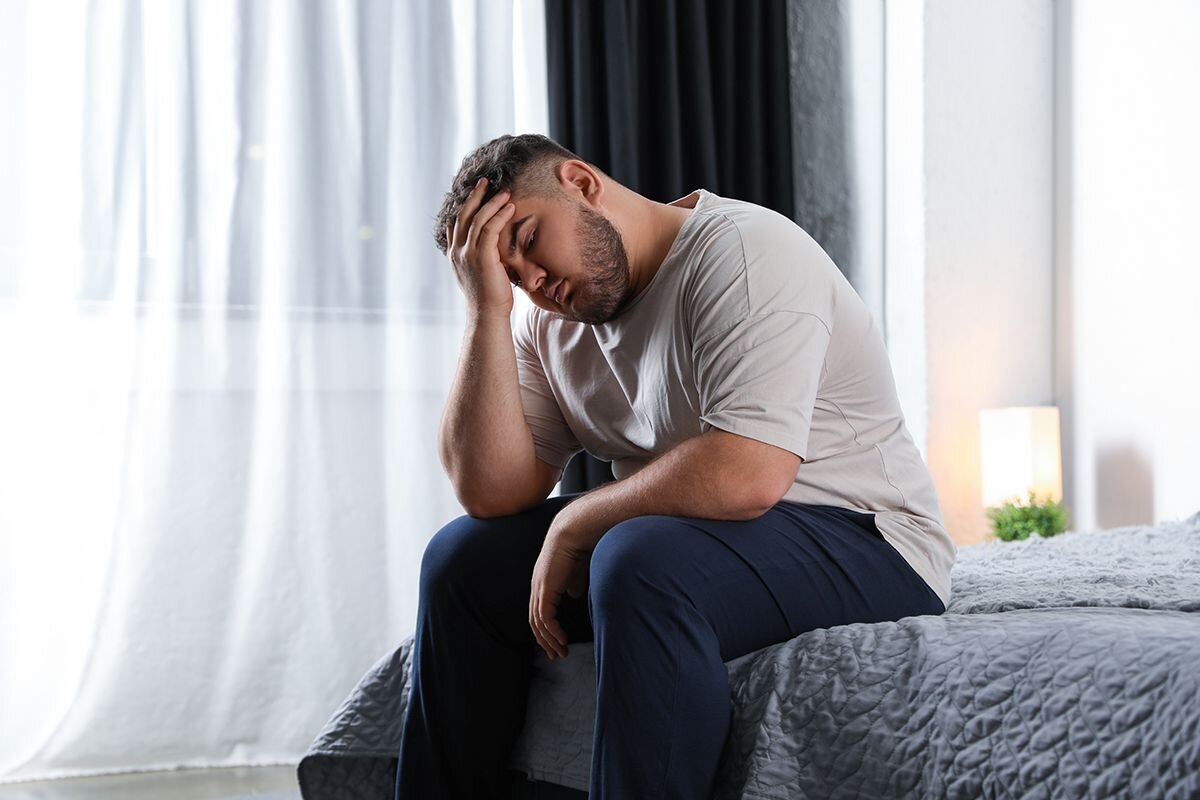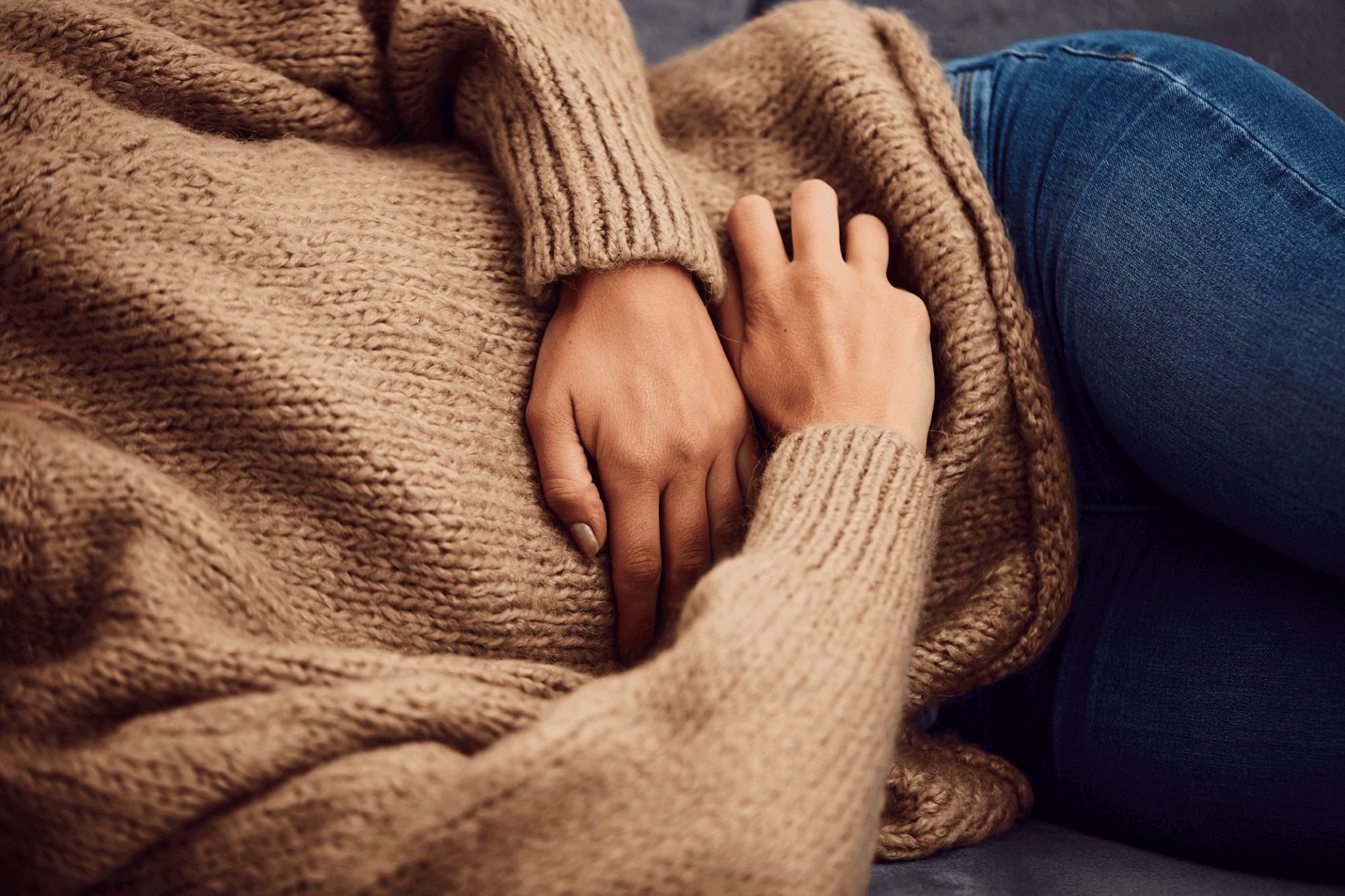FitForMe is trusted by 200,000+ customers and 8000+ healthcare professionals
FitForMe is trusted by 200,000+ customers and 8000+ healthcare professionals

Trustpilot score: 4.4 out of 5
After bariatric surgery, many things change. Not only psychologically, but also your body has to get used to it. Following surgery, for instance, you get fewer nutrients which can affect your bowels. This is why constipation is a regular occurrence after bariatric surgery. In this blog, we explain what constipation is and what steps you can take to tackle it.
What is constipation?
With constipation (also known as obstipation), you can't manage to defecate properly. Poo stays in your colon too long. Your colon extracts moisture from your stool to prevent you from dehydrating. But if stool remains in your colon too long, your colon absorbs too much moisture from it. Your stool can become hard and dry, which makes it difficult to go to the toilet. We know this as constipation.
How to identify constipation
- You are unable to go to the toilet as often as usual
- You suffer from abdominal pain or cramps
- Your belly feels hard and bloated
- Your stool is hard and dry
- You defecate 3 times a week or less
What causes constipation after bariatric surgery?
Constipation can have several reasons:
- Not drinking enough
- Exercising too rarely
- Not going to the toilet when urged
- Too much stress
- Insufficient fibre intake
How to deal with constipation?
1. Drink sufficiently
Drinking enough makes your stools softer. This makes it easier to go to the toilet. Be sure to get at least 1.5 litres of liquid a day. Best to drink water, tea, or sugar- and non-carbonated drinks.
Finding it difficult to drink enough because you just forget? It helps to keep a bottle of water close at hand and in sight. Or set reminders in your agenda or phone to schedule set drinking times.
2. Exercise regularly
If you exercise too little, your intestines may work more slowly. As a result, excrement stays in your colon longer than it should. Walking or cycling already stimulates your bowels. So aim to exercise actively for at least half an hour a day.
3. Go to the toilet when you have to
Urge is the feeling that you have to defecate. Ignoring this feeling and holding your poo for too long, makes the stool in your intestines drier and harder. This can make it tougher to defecate at a later point. Feel you need to go to the toilet? Don't wait and go right away.
4. Unwind more
Feeling stressed? Your bowels tend to react immediately. Stress puts them in a resting state, which means they use less energy for your digestion. This creates more energy for your muscles and brain in response to tension. Not until you are calm again does your gut return to activity. This is why relaxation is so important. It can be found in the simple things: a walk in nature, a hot bath or gardening.
5. Have the right seating posture on the toilet
While the modern toilet bowl is quite comfortable, it does create a bend in the last part of your bowel. This makes it harder for stool to come out. By adopting a squatting position, you clear the way in the bowel and it becomes easier to defecate. A step stool under your feet helps for good posture on the toilet.
6. Eat enough fibre
Fibre absorbs moisture like a sponge. This retains moisture in your intestines. This moisture makes your stool softer, making it easier to defecate. Fibre is also nutrition for the good bacteria in your intestines. Which is why it is essential to take in enough fibre. They are found in vegetables, fruits, whole grain products, legumes, potatoes, nuts, and seeds.
Finding it challenging to eat enough fibre? Multiple stores have fibre supplements availble to supplement your diet. This will increase your daily fibre intake and contribute to your gut health.
Need help?
Got any questions about constipation, nutrition, or your health? Our dietitians specialized in stomach reduction are happy to help. Get in touch with us or schedule your free, personal consultation here.
Are the above constipation tips not helping or do your symptoms last longer than 2 weeks? If so, please contact your doctor.


